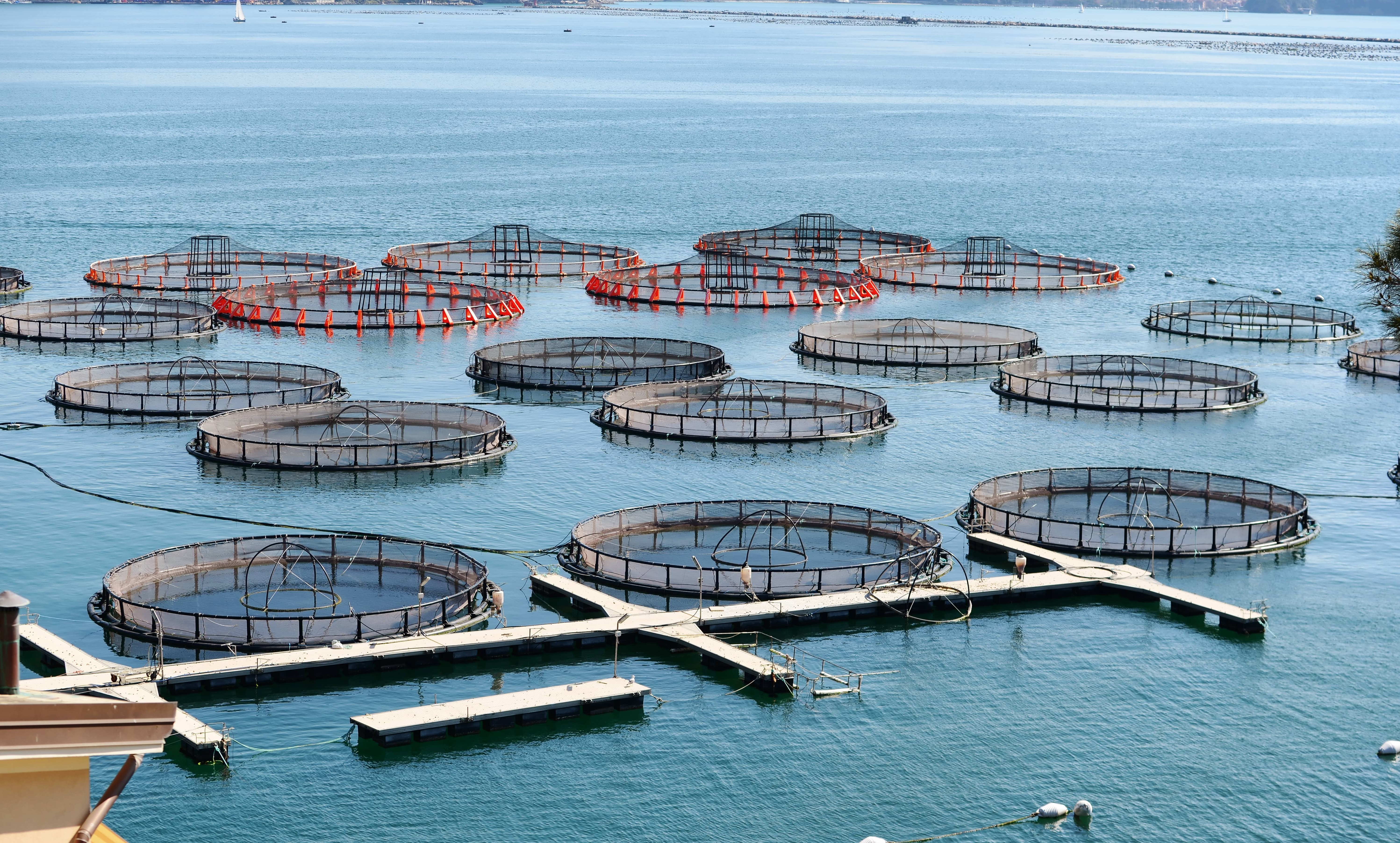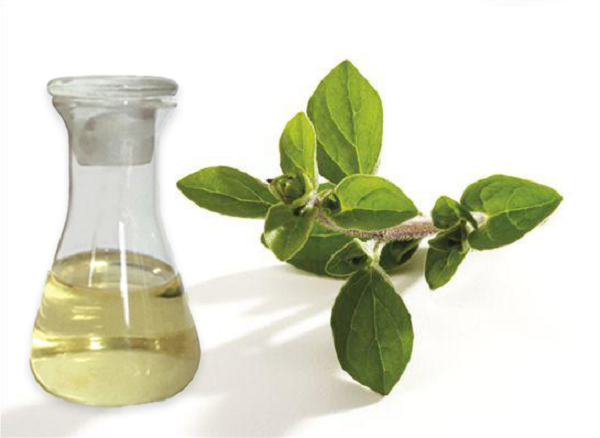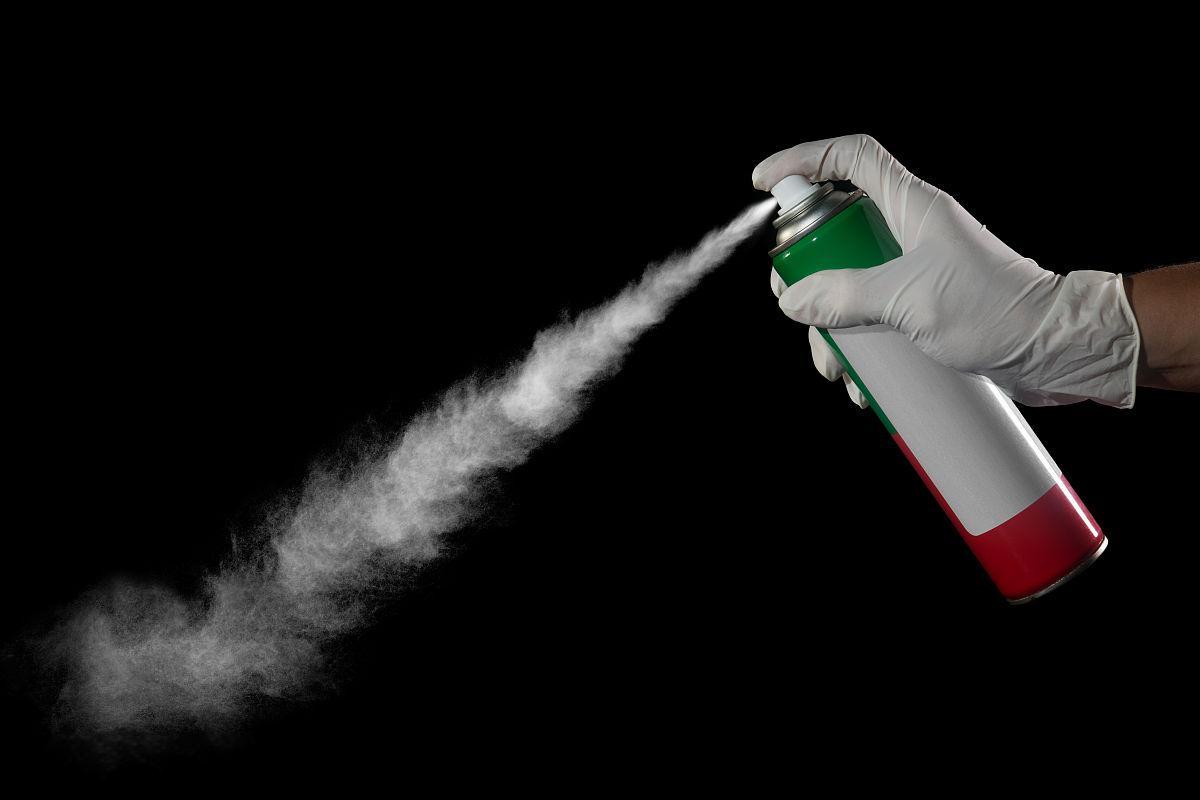Follow Us:
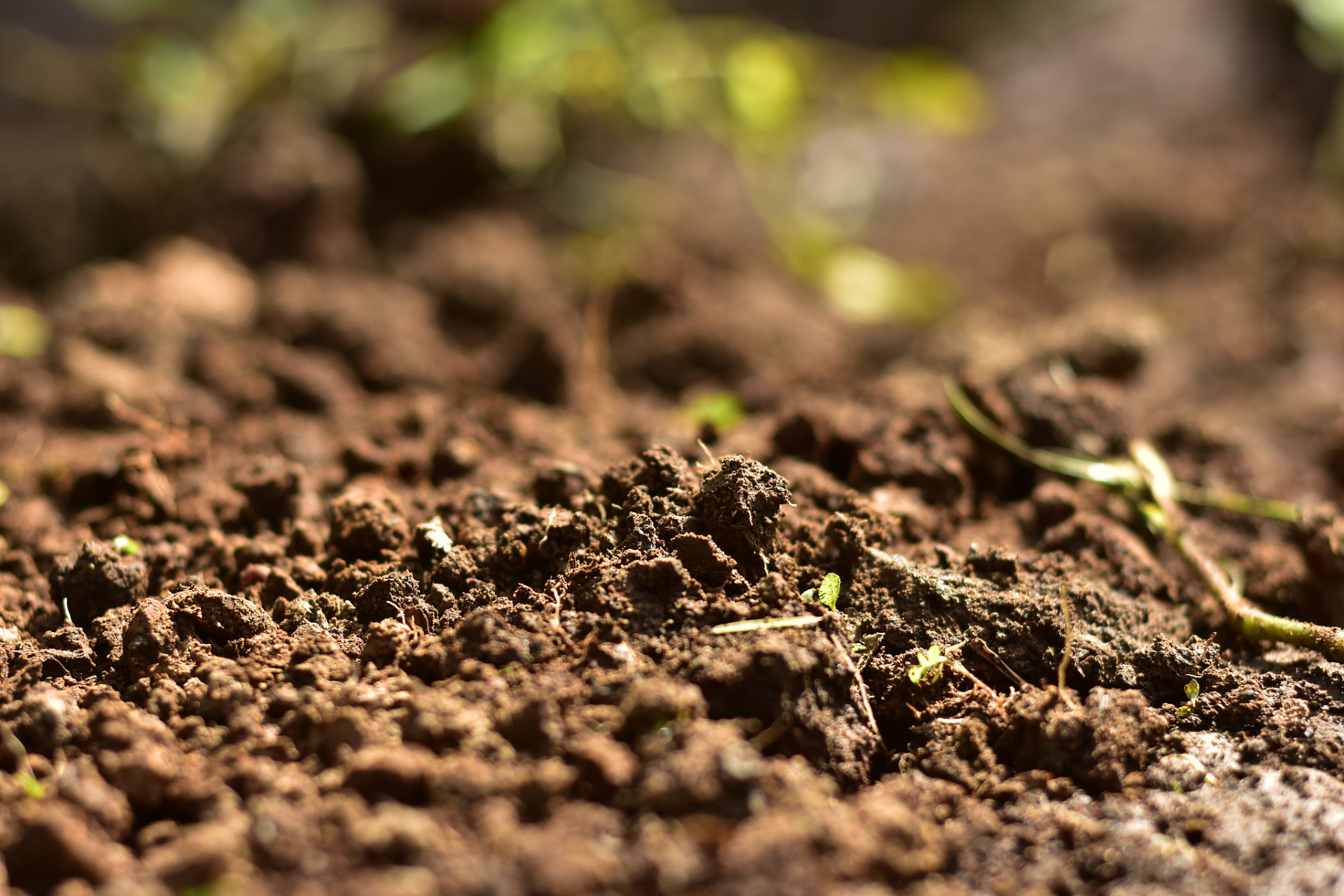
The Importance of High-Quality Lentinan in Agriculture
As a high-quality Lentinan Manufacturer, we understand that the effectiveness of agricultural products is largely determined by the quality of the ingredients used. When it comes to enhancing plant health, boosting yields, and improving disease resistance, Lentinan—a potent polysaccharide derived from shiitake mushrooms—has emerged as a powerful bioactive compound. The importance of high-quality Lentinan in agriculture cannot be overstated, and selecting a top-tier Lentinan is essential for ensuring that you achieve the best results in your agricultural practices.
What is Lentinan?
Lentinan is a potent, naturally occurring compound found in shiitake mushrooms, specifically within their fruiting bodies. We are very proud to produce 40% Lentinan and 10% Lentinan products used in agriculture. This beta-glucan polysaccharide is known for its immune-boosting properties and has been extensively studied for its health benefits. Lentinan is believed to stimulate the immune system, enhance the body’s natural defense mechanisms, and may even support cancer therapy by enhancing the effectiveness of certain treatments.
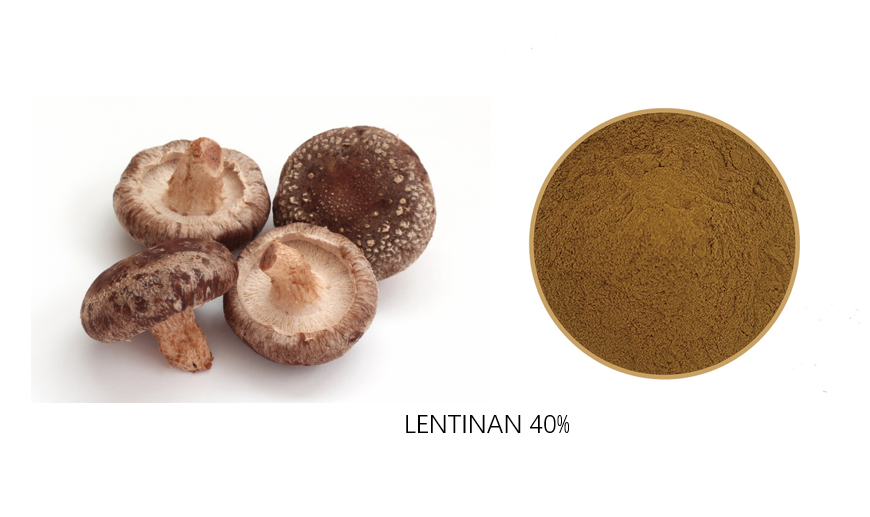
Benefits of Lentinan in Agriculture
I want to highlight the numerous benefits this remarkable compound offers in agriculture. Here’s how lentinan can benefit your agricultural operations:
1. Improved Plant Disease Resistance
Shiitake mushroom extract is known to stimulate plant immune systems, much like it enhances human immunity. When applied to crops, lentinan boosts their natural defense mechanisms, making them more resistant to fungal infections, bacterial diseases, and other pathogens. This can help reduce your reliance on chemical pesticides, leading to healthier, more sustainable farming practices.
2. Enhanced Crop Yield and Quality
By strengthening plant defenses and improving overall plant vitality, lentinan helps increase crop resilience to environmental stresses such as drought, heat, and soil imbalances. Healthier plants naturally lead to improved yields, and you may notice higher-quality produce with enhanced flavor, texture, and nutritional value.
3. Reduced Dependency on Synthetic Inputs
Lentinan powder acts as a natural bio-stimulant, promoting the growth of beneficial microorganisms in the soil. This can improve nutrient uptake, soil structure, and overall soil health. With better soil vitality, your crops are better nourished, reducing the need for synthetic fertilizers and chemicals. This not only supports your bottom line but also aligns with the growing consumer demand for sustainable, organic farming practices.
4. Better Cope with Environmental Pressures
Lentinan helps plants better cope with environmental stressors, including temperature extremes, water scarcity, and salinity. By boosting the plant’s natural stress response mechanisms, lentinan helps crops thrive in challenging growing conditions, giving you more reliable harvests even during tough seasons.
5. Improved Soil Microbial Health
LNT also has positive effects on the soil microbiome. By stimulating the growth of beneficial soil microbes, it enhances nutrient cycling and the overall health of your soil. Healthier soil means more fertile land and better-growing conditions for future crops, ensuring sustainability and productivity in the long run.
6. Natural Pest Control
Lentinan’s immune-boosting properties help plants resist not just diseases but also pests. By reducing plant vulnerability to pests like aphids and other insects, lentinan can reduce the need for chemical pest control, making your farming practices safer for both your crops and the surrounding ecosystem.
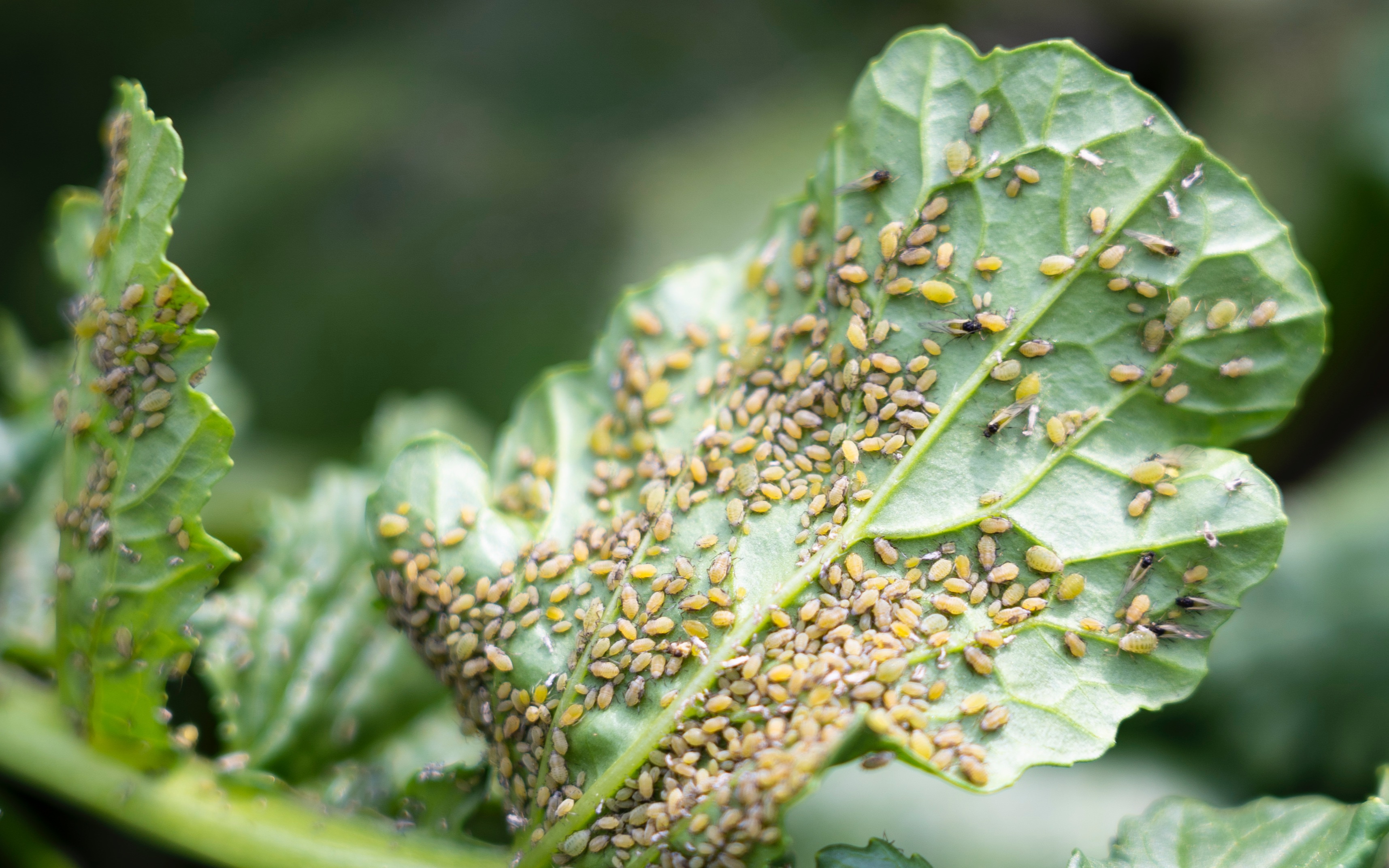
Stability of Lentinan Polysaccharides in Agricultural Applications
Lentinan’s stability is influenced by several key factors, including temperature, pH, humidity, and exposure to light.
1. Temperature Sensitivity: Lentinan can degrade when exposed to high temperatures, particularly during storage and application. For this reason, we recommend that you store Lentinan-based products in cool, dry places and apply them during cooler parts of the day to avoid excessive heat. This helps to maintain its full potency and ensures it remains effective in promoting plant health.
2. PH Considerations: Lentinan is most stable in slightly acidic to neutral pH environments. In more alkaline conditions, there may be a risk of structural breakdown, reducing its bioactivity. When formulating agricultural products that incorporate Lentinan, it is crucial to balance the pH of the mixture to avoid compromising its stability.
3. Moisture and Humidity: Lentinan is hygroscopic, meaning it can absorb moisture from the air, potentially leading to clumping or microbial degradation. Packaging in moisture-proof containers is essential to preserve its quality during both storage and transport. Additionally, when applying Lentinan in the field, it is important to ensure that the formulation is not exposed to excessive humidity or water during application, as this can lead to a loss of efficacy.
4. Light Exposure: Extended exposure to light, particularly ultraviolet (UV) rays, can accelerate the degradation of Lentinan. This is why many of our products are packaged in opaque, UV-resistant containers. When using Lentinan in your agricultural practices, we suggest applying it early in the morning or later in the evening to minimize UV exposure and maximize stability.
Formulation for Enhanced Stability
In agricultural applications, Lentinan is often combined with other bioactive ingredients, including plant growth promoters, biocontrol agents, or fertilizers. We recommend selecting stable carriers and excipients to enhance the overall stability of the formulation. Our team of experts works closely with customers to customize Lentinan-based solutions that meet specific stability requirements for different agricultural environments.

Solubility and Prevention of Impurities and Precipitation
We recognize the importance of solubility and the prevention of impurities and precipitation in ensuring that you get the most effective and consistent product for your agricultural applications.
Solubility of Lentinan
- Water Solubility and Temperature: Lentinan’s solubility improves with moderate heating (typically up to around 60-70°C), but care must be taken not to overheat the solution. Excessive heat can break down Lentinan’s structure, leading to a loss of its bioactive properties. We advise dissolving Lentinan in warm, but not boiling, water to ensure optimal solubility while preserving its effectiveness. If you’re using Lentinan in liquid formulations, ensure that it is completely dissolved before application for maximum bioavailability.
- pH Considerations: Lentinan is best dissolved in neutral to slightly acidic conditions (pH 5.5 to 7.0). In more alkaline environments, its solubility may decrease, and it could begin to precipitate out of solution. When preparing Lentinan solutions or mixing it with other agricultural products, it’s important to monitor and adjust the pH accordingly. A slight acidity helps maintain both solubility and stability.
How to Choose the Right Lentinan 40% and 10%?
1. Understand Your Application Needs
First and foremost, it’s important to consider the purpose for which you intend to use the polysaccharide. Whether you’re enhancing plant growth in agriculture, formulating supplements, or developing functional foods, the concentration of polysaccharide required may vary.
- 40% Polysaccharide Concentration: If you’re looking for a more moderate level of shiitake polysaccharide for general bio-stimulation, immune enhancement, or a broad-spectrum effect, a 40% concentration might be ideal. It offers a balanced potency that is suitable for most applications without overwhelming your formulation.
- 10% Polysaccharide Concentration: For more targeted or intensive applications, such as those requiring stronger immune-boosting effects, higher disease resistance, or optimized growth, the 10% concentration provides a more concentrated dose of polysaccharides. This is often preferred when high bioactivity is essential to achieving faster or more significant results.
2. Consider the Bioactive Effect
Shiitake polysaccharides, particularly Lentinan, are renowned for their bioactive properties, including immune-modulating, antioxidant, and disease-resistant benefits. The concentration you choose will directly impact the strength and duration of these effects:
- 40% Polysaccharide: This concentration is typically sufficient for everyday applications where a consistent, moderate level of bioactivity is desired. For agricultural uses, it helps improve plant resistance to pathogens, promotes healthier root systems, and supports overall growth without excessive intensity. In nutraceuticals, this concentration may offer balanced immune support or general wellness benefits.
- 10% Polysaccharide: For applications where maximum bioactivity is required—such as combating serious crop diseases or addressing more severe immune challenges in a product—this higher concentration is a powerful choice. It provides a stronger, more immediate effect, and may be used for applications needing a higher therapeutic dosage of bioactive compounds.
3. Assess Solubility and Formulation Compatibility
The solubility of shiitake polysaccharides can vary depending on their concentration. Higher concentrations, such as 10%, may require more care to ensure proper dissolution, particularly in aqueous solutions. When choosing between a 40% and 10% polysaccharide, consider the following:
- 40% Polysaccharide: This concentration typically dissolves more easily in water or other solutions, making it easier to handle and incorporate into a variety of formulations, including liquid fertilizers, sprays, or dietary supplements. If you’re working with sensitive formulations or need a more user-friendly product, the 40% concentration is likely the best choice.
- 10% Polysaccharide: Although more potent, a 10% concentration may require additional steps to ensure even mixing and solubility. For agricultural applications, proper dilution and formulation adjustments may be necessary to ensure optimal performance without causing clogging in spray equipment or uneven distribution.
Conclusion
As a botanical pesticide materials supplier, we understand the transformative potential of this natural compound in the agricultural sector. When incorporated into agricultural practices, Lentinan acts as a powerful biostimulant, promoting strong plant development, increasing resistance to environmental stressors like drought and pests, and reducing the need for synthetic chemicals. Contact us today to buy lentinan and benefit from fast delivery and COA support.















